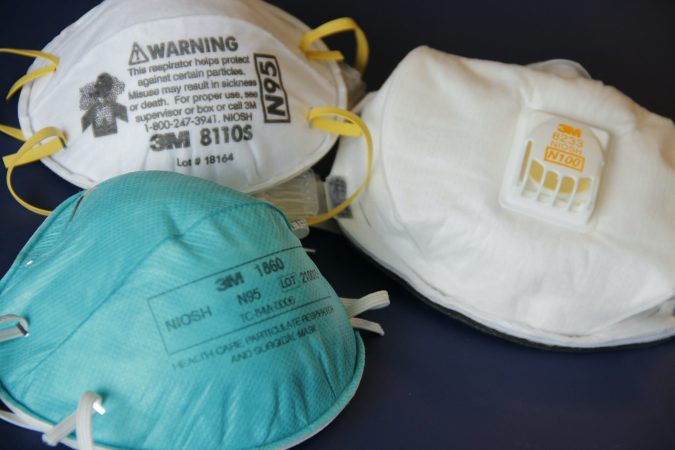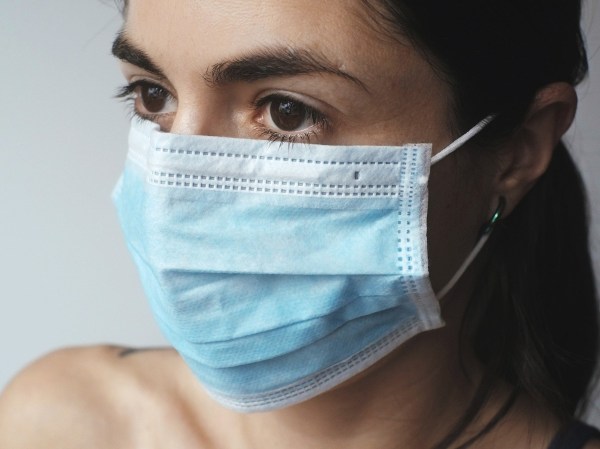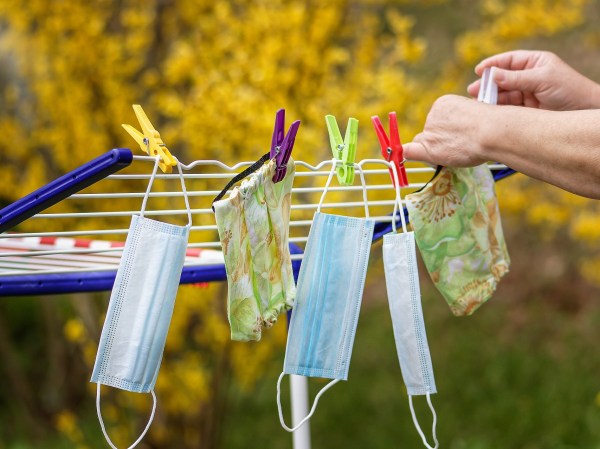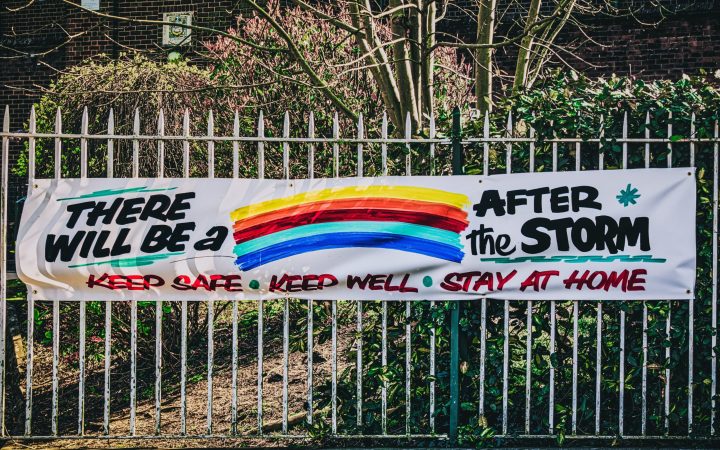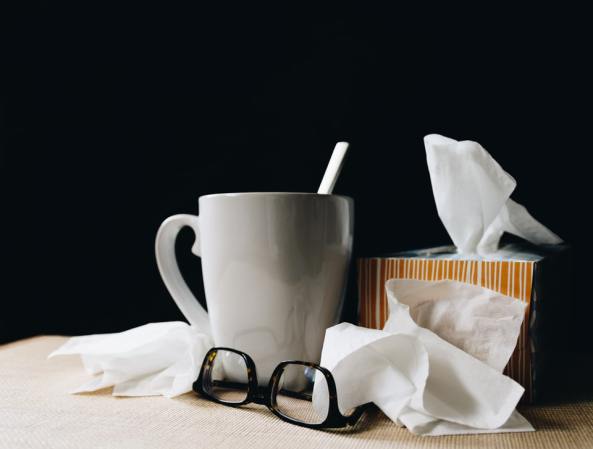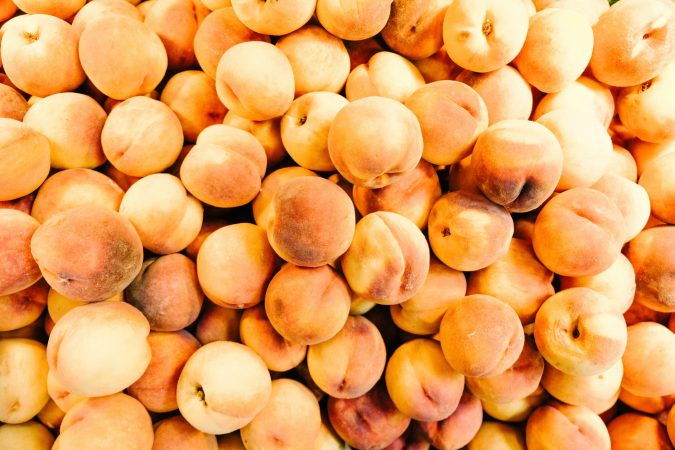

After nearly two years in the pandemic, we’ve come to know our masks and how they change, intimately, through the seasons. Whether it’s sweat from a long summer walk or a dripping nose in the dead of winter, many of us have worried if a wet face covering still does the trick against COVID. And everyone, from the Centers to Disease Control and Prevention to local news stations, has been trying to offer reliable answers.
Now we have a more definitive idea. Thanks to a study recently published in Physical Review Fluids, there is persuasive evidence that wet face masks can block viral particles just as well as a dry one. The paper, by fluid dynamics researchers from the University of California San Diego, University of Toronto, and Indian Institute of Science, found that in both cloth and surgical masks, moisture wasn’t a problem.
“It gives us some peace of mind that it actually blocks a droplet which is going out of you, even if [the mask] is getting wet,” says Abhishek Saha, a co-author and professor of mechanical and aerospace engineering at UC San Diego.
[Related: How to wear a face mask for maximum protection]
Viruses like the flu and the current SARS-CoV-2 spread as airborne water droplets, infecting those who inhale them. In the ample research performed on face masks and their effectiveness at preventing disease, it’s been found that they’re best at stopping droplets from getting out rather than from getting in. So if a person is ill and wearing a face mask, their infected droplets will get caught in their mask, and they’ll be less likely to share their sickness with someone else.
In May 2021, Saha and another group of collaborators published a paper in Science Advances on how well masks block respiratory particles. The experiments led to the question of whether a mask in humid conditions would also work, which is relevant to Saha in sunny San Diego. So, he assembled a new team to simulate respiratory droplets hitting three different masks: a surgical mask and two cloth ones of varying thickness. They slowly dripped liquid out of a syringe pump onto the mask until it became damp, then tracked how the layers of droplets interacted with the material using a high-speed camera that recorded the impact at 4,000 frames per second.
Both cloth and surgical masks passed muster in this study, though in different ways. Surgical masks have an inner coating made of polytetrafluoroethylene that’s hydrophobic, which means it repels water. So when a droplet hits the hydrophobic layer, it beads instead of getting absorbed. The beading liquid create extra resistance against more respiratory particles, so it’s even harder for more droplets to pass through than in a dry mask.
Cloth masks, however, are hydrophilic, which means when they absorb water when they come into contact with water it. When a droplet hits a dry cloth mask, it can possibly pass through the mesh system of pores. But in a wet mask, the pores are already full, which makes it difficult for more droplets to pass through. “That already-present liquid in the pore provides additional resistance for the droplet,” Saha explains.
[Related: A guide to protecting yourself from the Omicron variant]
Still, that doesn’t mean that we should start wearing wet masks on purpose. While this study offers comfort in case our masks get soaked while we’re out, it’s important to exchange them for dry, fresh ones when possible. Wet face coverings do make breathing more difficult, and can lead to increased leakage around the edges. Saha emphasizes that the only factor his experiment tested is whether masks are effective at preventing droplet spread while damp; it didn’t look at how wetness impacts the strain on ear bands or breathability.
As we head into our second COVID-19 winter, we can keep our faces warm in our masks and feel more confident that we’re keeping others safe. While most any covering over the nose and mouth will do the trick, KN95 masks are recommended and using multi-layer or multiple masks may be helpful. And even with new research coming out on how masks work against viruses, the bottom line is they help slow the spread of COVID-19, which is all we can ask for.
